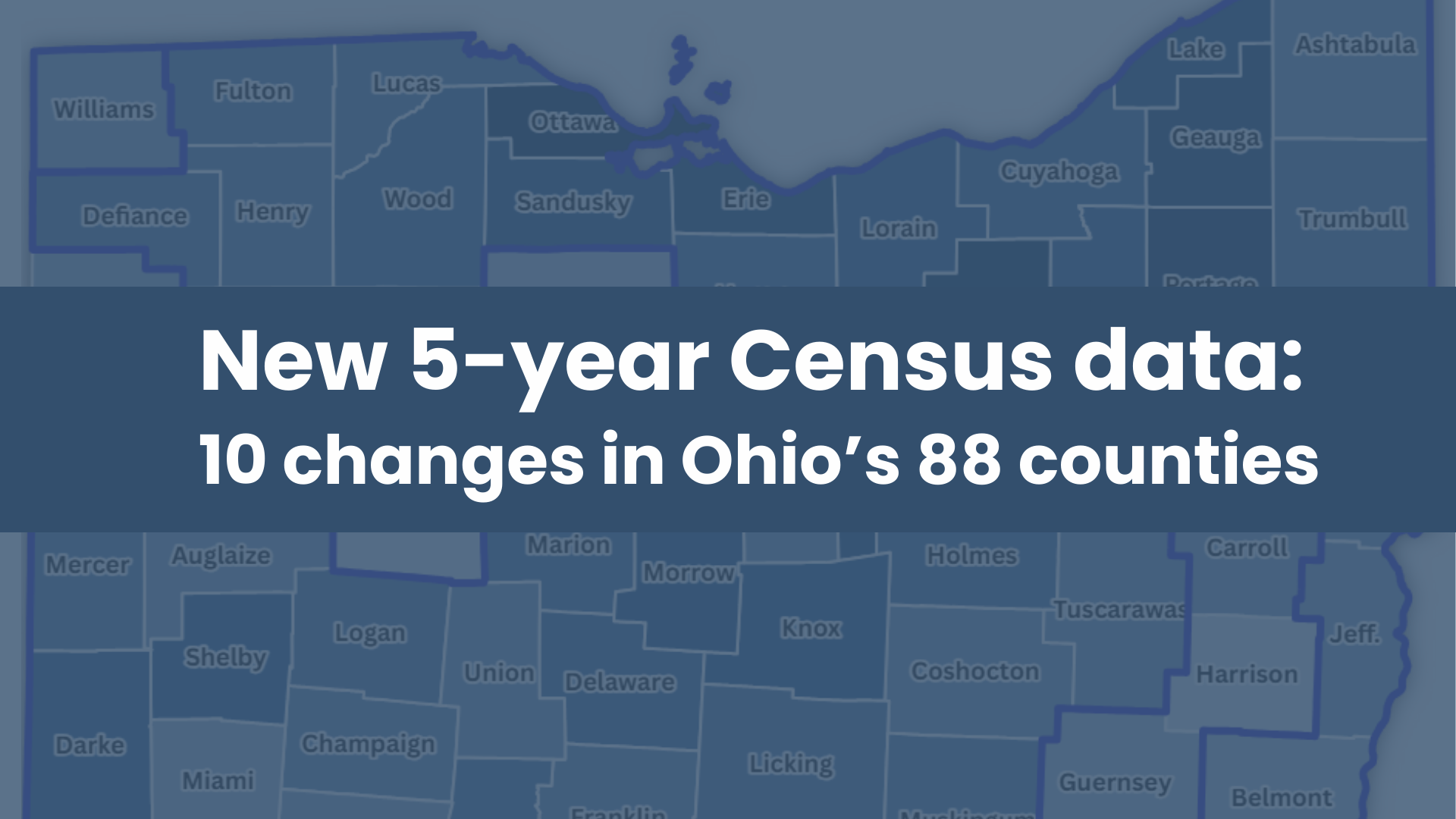During my time in the Ohio Legislature, Representative Brigid Kelly and I worked tirelessly to make feminine hygiene products more accessible to women and girls in our state. This included reintroducing a bill to exempt the products from the state sales tax. For us, this was a part of a much larger effort to assure that all products and devices needed for medical purposes were as easily available to Ohioans as possible. Presently, hearing aids, prescription drugs and other medical devices such as corrective eye glasses and contact lenses are already exempt from the state sales tax. State sales tax combined with local sales tax can add up to an 8 percent additional cost for these critical products - such is the case in Cuyahoga County.
Currently the United States Food and Drug Administration (FDA) classifies most menstrual products, including pads and tampons, as medical devices, necessary to manage menstruation.
As such, in 2017 the U.S. Department of Justice Federal Bureau of Prisons issued a memo requiring all female inmates in federal institutions be given unlimited access to a range of feminine hygiene products at no cost to the inmates.
The Ohio Department of Rehabilitation and Correction (ODRC) adopted the same policy for state penitentiaries in 2019, and eliminated the price markup on name-brand feminine hygiene care in commissary.
While there is no official database for who or how many people are in Ohio’s 100+ county and municipal jails at any given time, we do know that women are the fastest growing population in jails and prisons across the country. Regardless of why, where and how long a woman is in custody, all basic needs should be met.
We do know that women are the fastest growing population in jails and prisons across the country.
Representative Kelly and I learned that there is no official policy or standard in Ohio’s jails for providing feminine hygiene care. Some county sheriffs report they provide an array of products free of charge, others say they allocate a certain amount of products per inmate per month, while still others say they charge for each product used and invoice inmates after their release if they do not have funds in their accounts at the time of need.
In the midst of an opioid crisis and the increase of other substance use disorders, more women are in our county and city jails and it’s to no one’s benefit to deny them access to feminine hygiene care. Not only does it undermine inmate health and dignity to deny access to products as crucial as toilet paper and soap, but taxpayers pay the price when their health is at risk. Women who are forced to use unclean feminine hygiene products, or can’t change them as frequently as necessary, can develop irritations or infections leading to even more serious health problems. There are stories of women suffering from toxic shock syndrome and needing emergency hysterectomies from making their own products out of toilet paper.
In the midst of an opioid crisis and the increase of other substance-use disorders, more women are in our county and city jails and it’s to no one’s benefit to deny them access to feminine hygiene care.
More than 30 county sheriffs, judges, jail administrators and ODRC staff packed the board room at the State Library of Ohio on July 12 for the quarterly jail advisory board meeting and heard from Representative Kelly on her common sense solution to the problem. To assure all Ohio women have access to these medically necessary products, county and city jails can partner with the Department of Administrative Services and ODRC’s contract to purchase feminine hygiene items in an effort to maintain higher quality items, make them more available to local governments at lower cost, and to ensure they are free of charge to inmates.
A robust discussion followed Representative Kelly’s presentation, about the importance of quality products, how this topic fits in with general hygiene standards and the realization that policies vary county by county and from facility to facility. During this discussion, many sheriffs recognized that they house more female inmates than ever before.
During this discussion, many sheriffs recognized that they house more female inmates than ever before.
Many of the sheriffs present seemed receptive and left with a better understanding of the importance of these products. Additionally, Representative Kelly was asked how best to support House Bill 19, her bill with Representative Niraj Antani to eliminate the sales tax on these products. Should this bill pass, there will be automatic savings when these products are purchased due to them being tax free.
Should this bill pass, there will be automatic savings when these products are purchased due to them being tax free.
Representative Kelly’s presentation was a major step in the right direction to provide consistent, reliable and adequate menstrual care for all of Ohio’s women.







